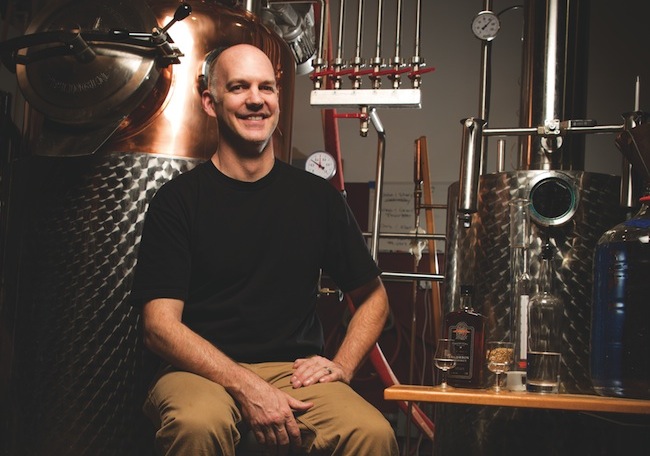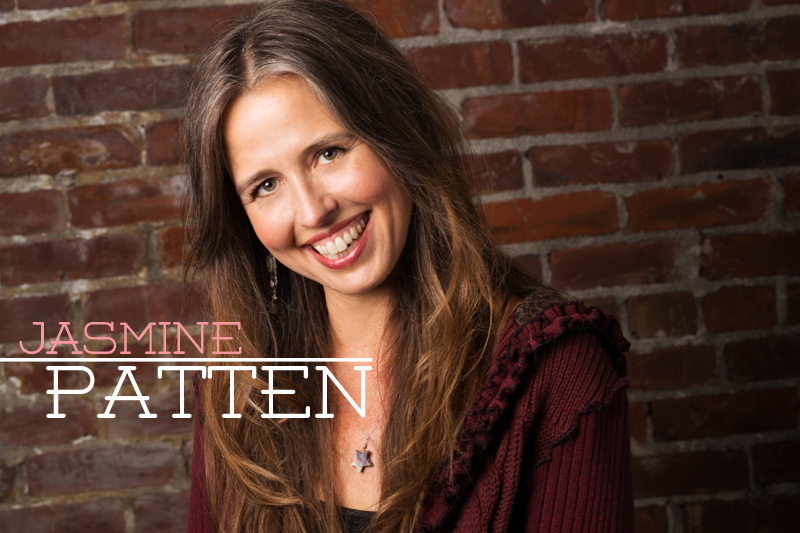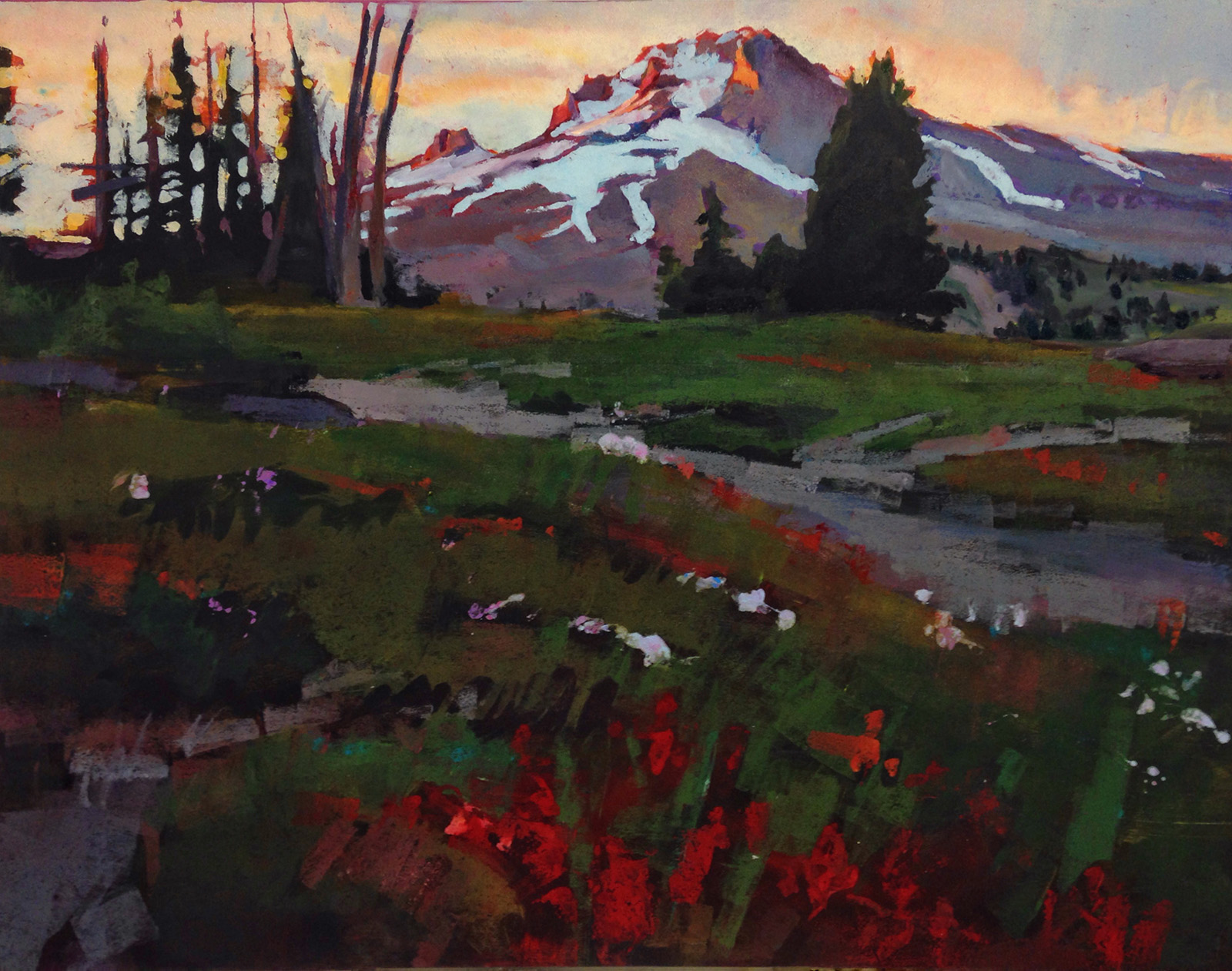written and photographed by Andy Batt
In 2013, Memphis transplant Intisar Abioto started taking photos of African Americans in Portland. Soon her blog, The Black Portlanders, took off—perhaps because of the art itself, perhaps because of the longing for the vanishing demographic in Portland. Here, we catch up with the artist to talk about her motivation, influence and creative juice.
What do you do when you’re feeling creatively blocked?
I feel creatively blocked when I’m thinking too much about what others may think about my work, or think about me, or when I am considering too much about the world. As I get a little older and get a little more ensconced in social or geographic circles or cultures, I have to shake that off—I have to shake “plans” off.
Who (or what) has been the biggest influence on the way you tell stories?
I’m not sure. My parents, surely. They’re both different kinds of storytellers. My mom is an attorney, a writer and orator. She would tell us many different tales before bedtime as children. My dad is a musician, an arts educator and historian. He tells stories with and alongside his music. My sisters, who are all artists and were the first people I would talk to about life and art and feeling all through our youth. I’m not sure where my style comes from. I am also a great fan of children’s author and storyteller, Virginia Hamilton. The scope of her work—decades of books— and her commitment inspires me.
How do you use your mistakes in pursuit of your art?
I make so many mistakes. I want the execution of my craft to be better. I want to stop saying yes to things so I can get my art work done. I want to be better at responding to messages. I want to keep my personal and artistic integrity. I try to do so much. Sometimes, I’m too cautious and too afraid of making mistakes, and that’s a mistake. Mistakes, as person or idea or act, are always with you. I haven’t yet answered this question for myself, but I’ve found over the past few years that often, I’m succeeding and failing at the very same time, and that’s really hard. Sometimes it involves shit-talking to get the feeling and anger out. That’s honest.
What makes you excited about a story idea?
I get excited about the adventuring into a place that feels foreign and new and somehow familiar at the same time. It’s a new wind in the door. New wind across your face. New terrain in your mind and in the world. You throw your whole body in. I know how it feels when I feel it. I hope it keeps coming to me all my life. Maybe that’s what I live for …
What’s the purpose of your work? Why do you pursue art?
The purpose of my art? I don’t think it has one. I want to know about myself and all of my feelings here in this world. I hope I can sense whoever I am, better, and understand and do something with all the energy and questions that come out of me. Often I miss people. I miss the people I love. That always seems like a great aching desire, a great pursuit of making, remembering people who you love and who you have not met yet, but who collectively make up some great question or answer in your life.Without understanding why specifically I am saying this, I would say this is what my art is about, somehow. The great making or questioning of family and friendship, this art of choosing what kind of art your love will be in your lifetime. That!
Why do you tell stories?
I am probably looking into questions I am most curious about. Or I am telling answers I already know we have, which people are ignoring, or they’re not used to using their eyes to create new things, so they are just seeing what someone else told them was there.
Why are stories important to our culture?
Stories are important to our cultures, plural. Stories intersect with a shifting physical reality. We depend so much on what’s here and we lose our creativity. We forget we are in flux. Our creativity, what’s in us, is so huge, but goodness, I think we are using so little. It makes me angry sometimes, how we tell and enforce to each other what is. So many people’s lives and health hang and fall from that imbalance. To speak specifically: resources, land, geography, money, access, social injustice, the valuation and devaluation of people. We have human practices that are said to be “life” and none of us can get out of “the way it is.” That’s the story. And it’s wrong. Leave that story. Enter a new one. There’s so much work involved, but stories start. They have a beginning, middle and end.
*This piece has been lightly edited and condensed for clarity.








